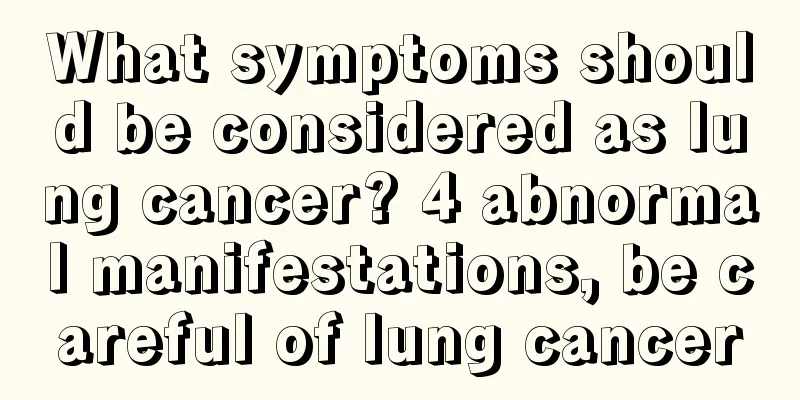Is esophageal cancer contagious?

|
Esophageal cancer is a malignant tumor that occurs in the esophageal epithelial tissue, accounting for 2% of all malignant tumors. About 200,000 people die of esophageal cancer every year in the world. my country is a high-incidence area for esophageal cancer, and the number of deaths from esophageal cancer ranks second only to gastric cancer. Most people are over 40 years old, and there are more men than women. However, in recent years, there has been an increasing trend in the number of people under 40 years old. The occurrence of esophageal cancer is related to chronic stimulation by nitrosamines, inflammation and trauma, genetic factors, and the content of trace elements in drinking water, food and vegetables. When some people have someone around them who has esophageal cancer, they are reluctant to contact them because they always believe that esophageal cancer is contagious. Therefore, many patients' families have asked doctors such questions: Is esophageal cancer contagious? In fact, the contagion we are talking about is usually the transmission of a disease from one person to another through some means. Contagion must have three conditions: the source of infection, the route of transmission and the susceptible population, and none of them can be missing. Clinical data proves that cancer patients themselves are not the source of infection. Experts have conducted experiments in which cancerous tissue removed from a cancer patient and directly implanted in another person failed to survive and grow. Although it is currently believed that the occurrence of certain cancers is related to certain viruses, such as cervical cancer, nasopharyngeal cancer, and leukemia, it has not yet been confirmed that infection with certain viruses will lead to certain cancers. Moreover, cancer is not currently classified as an infectious disease in the world, and patients are not isolated as they would be for infectious diseases. The incidence of cancer among medical staff in cancer hospitals is not higher than that of the general population. Animal experiments have also proven that when cancer-stricken animals and healthy animals are kept together for a long time, no infection is found after repeated observation and examination. So if your family or friends have esophageal cancer, please do not worry about infection. Because esophageal cancer is not contagious like other diseases. So when someone around you or a relative has esophageal cancer, please do not reject them, but spend more time with them, let them feel warmth and love, so as to build confidence in defeating cancer, which is beneficial to the patient's early recovery. |
<<: Can esophageal cancer be transmitted through saliva?
>>: Is esophageal cancer related to genetic factors?
Recommend
Do you know the dangers of fatty liver?
Fatty liver is a very common disease in life, but...
5 super practical tips to get rid of dizziness
People feel sleepy in spring, tired in summer and...
What are the plants suitable for growing indoors
If you can grow some plants at home, it will be v...
Analysis; What are the symptoms of bladder cancer?
As the times progress, people's living standa...
What are the advanced symptoms of bladder cancer?
When it comes to bladder cancer, many people are ...
What does a cyst in the right lobe of the liver mean
The liver is an important tissue in our human bod...
Sweat steam after swimming
Everyone knows that swimming has many benefits. H...
What causes nipple pain during pregnancy
Many people experience nipple pain during pregnan...
What are the targeted drugs for treating advanced gastric cancer
What are the targeted drugs for treating advanced...
How to deal with a sprained wrist?
We often encounter some accidents in life. If the...
What are the diagnostic methods for liver cancer
As people's living standards continue to impr...
What is the reason for the swelling of ears
The ear is a relatively fragile, sensitive part o...
What types of dentures are there
Once there is a problem with teeth, it will bring...
Is it good to drink mineral water every day
Nowadays, the drinking water we drink in our dail...
Brief analysis of surgical treatment methods for pancreatic cancer
Many people may not know much about pancreatic ca...









